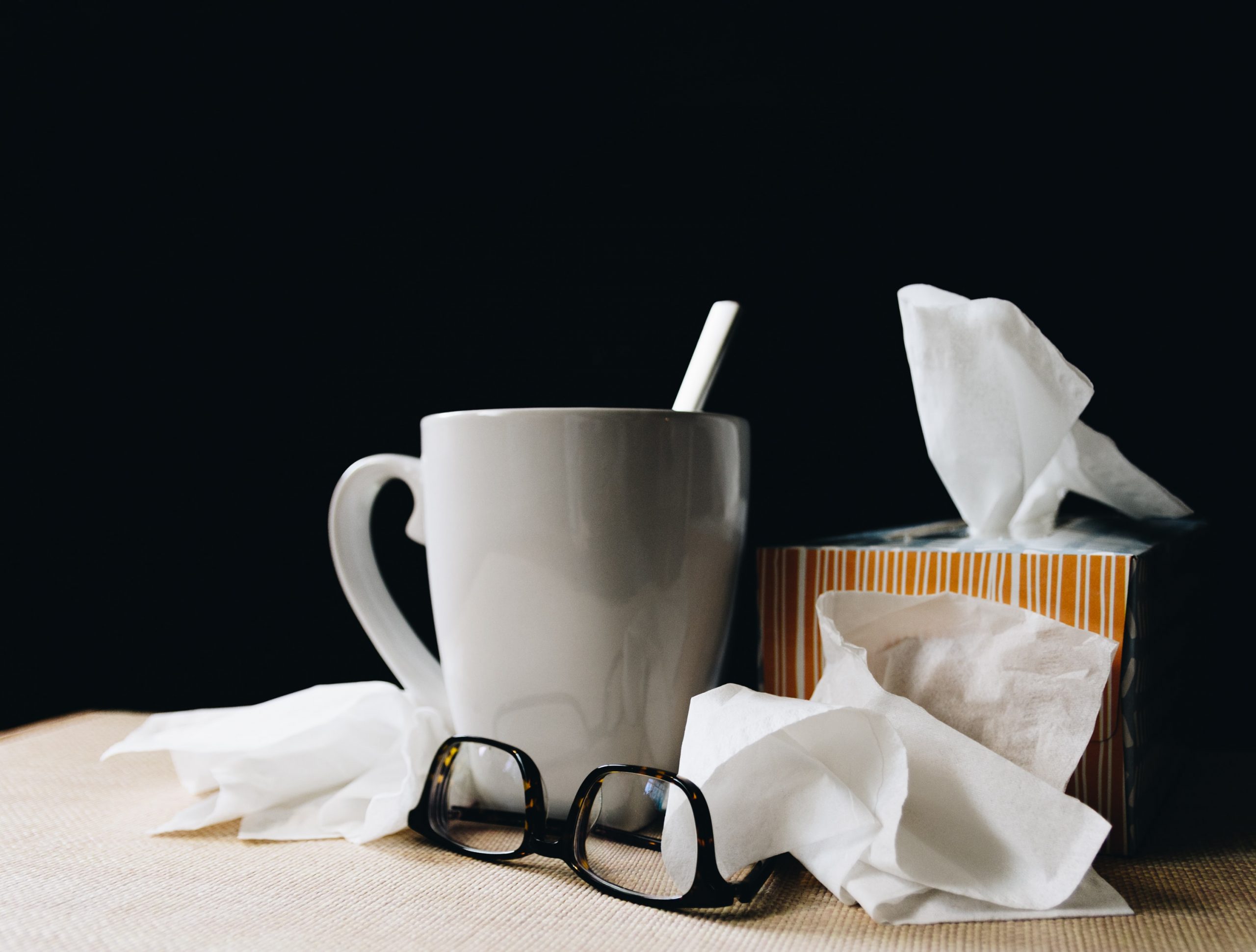Kids get sick. That is reality. They just naturally attract germs. It could be all the extra yummy peanut butter and jam that is smeared around their face for hours at a time, or it could be that they are just so busy that they struggle to properly wash their hands, or that they must taste everything (except what is for supper). And while some germs are healthy, and having the common cold is something we all need to deal with, we want to try to protect our children from the higher risk illnesses, like the flu or strep that can ultimately lead to dangerously high temperatures and other risky side effects.
The flu season can last for months, beginning in October, and lasting into May, with heightened activity between December and February. We want to continue to make sure that we are all doing our best to prevent illness as much as reasonably possible. Here are some tips LMSS is implementing, and we encourage you to do the same:
1) Cover your mouth and nose when sneezing or coughing (if using hands to cover, then wash hands)
2) Avoid touching your eyes, nose and mouth: these are the direct pathways for viruses to enter our bodies. For small children, constant reminders to keep things OUT of their mouths (good luck).
3) Stay home if you are sick: no matter what type of illness you have, stay home. This significantly reduces the chances of spreading the illness to friends and co-workers.
4) When washing hands: sing the ABC’s, count to 20, or do something that helps children recognize length of time to scrub all areas of our hands with soap. *Washing your hands with them is the perfect opportunity to show how adults do it. Kids repeat what they see 🙂 If you cannot use soap and warm water, use hand sanitizer until you can wash with soap.
5) Regularly wash hands: Before eating, after using the bathroom, coming in the house, after coughing or sneezing, before cooking, before touching face or brushing teeth, etc.
6) Avoid others who are showing symptoms of illness (coughing, fever, etc.). It is important to avoid assumptions or stereotypes about who you think might be sick as well.
7) Sanitize/disinfect high traffic or shared spaces on a regular basis. At home, things like: handles (bathroom doors, fridge door, outside door/garage door, etc.) towels, tables, chairs, faucets, toys, keyboards, ipads, phones, etc.
8) Keep 72 hours’ worth of supplies on hand, such as medications, prescriptions and food. This will allow you to stay home and away from public spaces if you or your child comes down with an illness.
9) And finally, if you have any questions or concerns about the health of your child or yourself, please contact your health professional.
To be clear, the above tips can help reduce possible infections for many illnesses, not just influenza viruses. When we work together, we can avoid wide spread illnesses, limit time away from school and work, and increase productivity. Not to mention, being able to keep those hard earned vacation days for things like, well, actual vacation!


